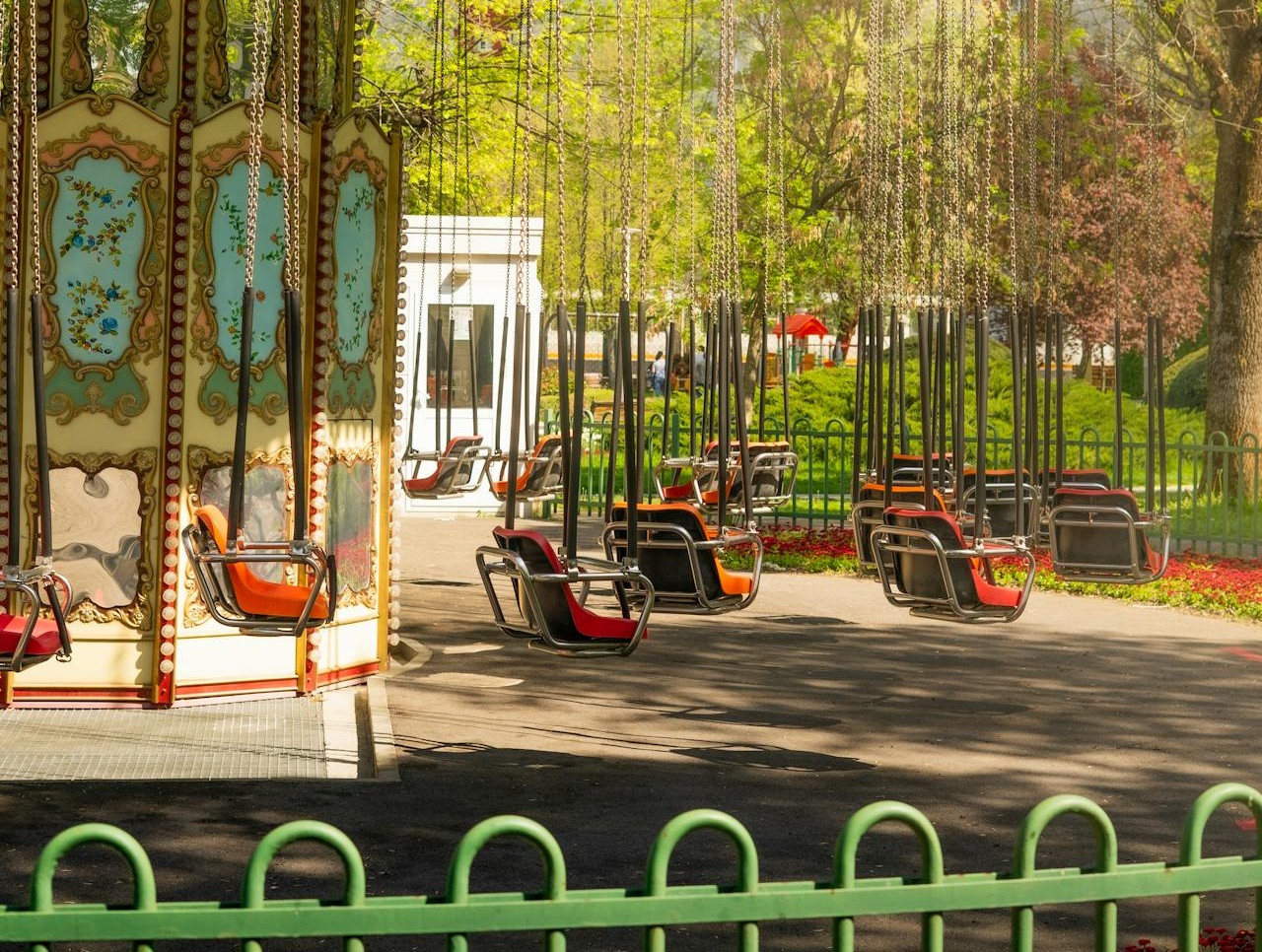Malta has officially become the seventh most densely populated country in the world, according to newly released statistics marking World Population Day. The latest figures from Malta’s National Statistics Office (NSO) reveal the island nation now hosts 560,000 residents, resulting in a population density of 1,816 people per square kilometre. What does this actually mean?
“We have officially jumped into seventh place, surpassing the Maldives in terms of population density, with our 1,816 people per square kilometre,” Professor Alan Deidun, a leading marine biologist explained about this new population density milestone.
Malta, as a small island nation, is one of the ten most densely populated countries, which are dominated by small nations and city states.
Macau leads with 21,645 people/km², followed by Monaco (19,150), Singapore (8,480), Hong Kong (6,890), Gibraltar (3,689), and Bahrain (2,248). Malta now occupies seventh position, ahead of both the Maldives and Bangladesh. These rankings highlight how small land areas with concentrated urban development tend to dominate the list.
Recent studies have examined the common characteristics of highly dense nations.
A 2023 World Bank report noted that “small island states and microstates consistently feature among the most densely populated territories due to their limited land area and economic concentration in urban centres.” The report further observed that such nations often develop “distinct approaches to urban planning and resource management out of necessity.”
However, Malta’s rising population density has created significant infrastructure challenges across the islands.
According to Transport Malta’s 2023 annual report, drivers now lose an average of 42 hours each year to traffic congestion, with peak travel times extending well beyond normal commuting hours. The Water Services Corporation has reported a 17 per cent increase in water demand since 2019, pushing the country’s desalination plants to operate near maximum capacity throughout the summer months.
Environmental pressures have intensified alongside population growth. The 2023 State of the Environment Report revealed that urban green space has dwindled to just 8 square meters per resident – among the lowest in Europe.
This loss of natural areas coincides with a construction boom, as Central Bank of Malta data shows Malta issues three times more building permits per capita than the EU average.
Economically, density has produced mixed outcomes. While Malta’s service sector now drives 85 per cent of GDP (NSO 2023), the Property Malta Index documents a 23 per cent surge in commercial rents since 2020, pricing out many local businesses. The concentration of economic activity in limited urban areas continues to reshape Malta’s commercial landscape.
Global lessons for local challenges
The World Bank’s 2023 report on small states highlights how microstates develop distinctive approaches to urban management when facing severe land constraints. Successful examples include Singapore (8,480 people/km²) with its efficient public transport and vertical urban planning, and Monaco (19,150 people/km²) which has innovated with underground expansions and land reclamation.
With the NSO projecting Malta’s population could reach 600,000 by 2030, the country stands at a critical juncture. The policy decisions made in coming years will determine whether Malta can transform its density challenges into sustainable urban development that maintains quality of life for all residents.
The effects of high population density manifest in several key challenges
Malta’s new ranking should serve as a wake-up call presenting both challenges and opportunities. While high density strains infrastructure and environment, a University of Malta study found it can also “drive economic productivity and innovation when properly managed.” The research noted that Malta’s services sector has particularly benefited from concentrated human capital.
As Malta continues to develop, experts agree that innovative solutions will be crucial. With population growth showing no signs of slowing, how Malta addresses its new status as the world’s seventh most densely populated country will significantly shape its future development trajectory.
Major review confirms paracetamol safety for expecting mothers, refutes autism link
Maltese public’s initial scepticism of Trump's claims are vindicated by latest scientific evidence
Why fertility is more than economics and taxes
Economist JP Fabri argues that fertility ‘is as much a reflection of collective imagination as it is of personal means’
Malta ranks in top 10 best places to retire in the world
A combination of warm climate, Mediterranean life, safety and competitive tax schemes make the island ideal






